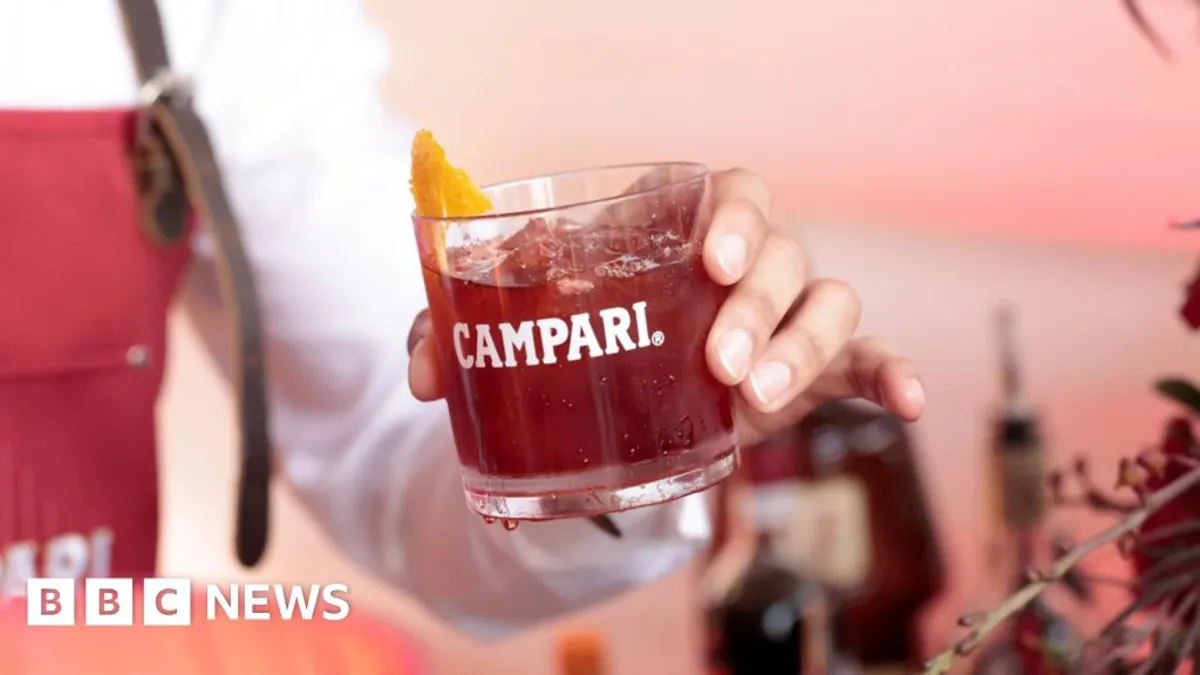
Italian police have announced the seizure of €1.3bn (approximately £1.1bn or $1.5bn) in shares from the company that controls the Campari Group, amid allegations of tax evasion. The confiscation of these shares, held by Luxembourg-based Lagfin, is a significant development in a year-long investigation into the company's financial practices during its absorption of the Italian arm.
Authorities claim that Lagfin is under scrutiny for failing to pay taxes equivalent to the value of the shares seized during its merger process. Despite these allegations, Campari has maintained that it has always adhered to tax laws. The renowned beverage company, which produces popular brands such as Aperol, Grand Marnier, and Courvoisier, insists that neither it nor its subsidiaries are involved in the ongoing investigation. However, reports indicate that chair Luca Garavoglia is among those being investigated.
The investigation was initiated by prosecutors in Milan last year. Recent statements from financial police revealed that they uncovered €5.3bn of undeclared capital gains from 2018 to 2020, which were subject to an exit tax. This tax is imposed on companies that relocate their headquarters abroad. Furthermore, Lagfin is accused of transferring its Italian assets into foreign ownership for tax advantages, according to Italian financial media outlet Il Sole 24 Ore.
In a statement to the BBC, Lagfin asserted that it has always acted with "scrupulous respect" for applicable laws and regulations, including those governing Italian taxes. The company emphasized that the ongoing legal battle is a mere tax dispute and that Campari itself has not been implicated in any wrongdoing. Lagfin, which controls over 50% of Campari’s shares and holds 80% of the voting rights, assured investors that the seizure would not impact its position as the controlling shareholder.
As one of the largest global producers of spirits, Campari is valued at around €7bn on the Milan Stock Exchange. The company has a rich history dating back to 1860 when Gaspare Campari created his signature bitter liqueur, quickly becoming a favorite among patrons of his Milan bar. This initial success led to commercial manufacturing in 1904, and from the 1990s onward, Campari began to expand its portfolio through the acquisition of various alcohol brands.
As the investigation unfolds, the future of both Lagfin and the Campari Group remains uncertain, with potential implications for the entire spirits industry.